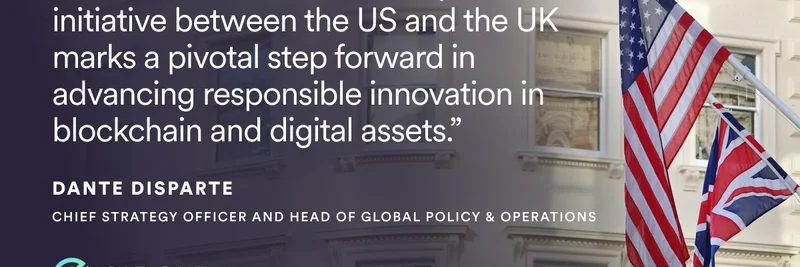In a recent clip from The Rollup podcast, Michael Heinrich, CEO of 0G Labs, tackled head-on the criticism surrounding Digital Asset Treasuries (DATs) and their role in token launches. For those not in the know, DATs are essentially publicly traded companies or trusts that hold cryptocurrencies in their treasury, providing a regulated way for investors to gain exposure to digital assets without directly buying tokens on crypto exchanges. Think of them as a bridge between traditional finance and the wild world of crypto.
The criticism? Some folks argue that DATs make it too easy for project teams to cash out their positions quickly, potentially leaving retail investors holding the bag. But Heinrich, with a knowing smile, pushed back: "I'm smiling because people that say that don't understand SEC regulations." His point is clear—DATs aren't a sneaky exit strategy; they're a compliance tool designed to navigate the tricky waters of U.S. securities laws.
This discussion is particularly relevant for the meme token community, where launches often happen at lightning speed on platforms like Solana or Base, sometimes with little regard for regulatory hurdles. Meme tokens, those fun, community-driven coins inspired by internet culture (like Dogecoin or newer ones such as GOAT and Turbo, which Heinrich has publicly praised), thrive on hype and virality. However, as the space matures, understanding SEC guidelines could be the difference between a sustainable project and one that gets slapped with enforcement actions.
Heinrich's background adds weight to his words. As the head of 0G Labs, a Layer 1 blockchain focused on making decentralized AI accessible, he's no stranger to innovative tokenomics. 0G recently launched its token with a circulating market cap of $1.2 billion and a fully diluted value of $6 billion, and they even have a DAT trading on NASDAQ. This setup allows for compliant liquidity, aligning with SEC rules that classify many tokens as securities if they're sold for fundraising.
For meme token creators and holders, the takeaway is huge. While meme coins often start as jokes, scaling them requires smart strategies to avoid regulatory pitfalls. Heinrich's affinity for AI-themed memes like GOAT (an AI-generated meme token) and Turbo shows that even in the playful side of crypto, there's room for serious tech integration. But as he implies, "regulation literacy is the real alpha," echoing a reply to the tweet.
If you're building or investing in meme tokens, keep an eye on how projects like 0G are blending compliance with innovation. It might just inspire the next wave of regulated yet viral meme launches. Check out the full clip on X for more insights straight from Heinrich.


